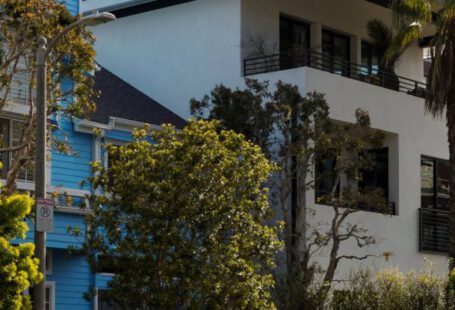In a world where technological advancements have become the norm, it’s easy to take for granted the tools and instruments that enable us to navigate the vast expanses of the Earth with ease. However, behind every modern convenience lies a fascinating history of innovation and struggle. Dava Sobel’s “Longitude” is a captivating account of one such pivotal moment in history, shedding light on the race to solve the age-old problem of determining a ship’s exact position at sea. For history buffs and enthusiasts of scientific discovery, this book is a must-read that offers a compelling narrative of human ingenuity and perseverance.
The Quest for Precision at Sea
Sobel’s “Longitude” delves into the riveting story of the quest for an accurate method of determining longitude, a challenge that plagued sailors and navigators for centuries. Prior to the development of reliable timekeeping devices, sailors faced the daunting task of estimating their longitudinal position based on imprecise methods such as dead reckoning and celestial navigation. The consequences of miscalculations were dire, often leading to ships running aground or getting lost at sea.
The book explores the historical backdrop of this navigational dilemma, highlighting the various attempts and failures of prominent figures in the field. From the astronomical solutions proposed by Galileo and Johannes Kepler to the ambitious competitions held by governments to solve the problem, Sobel’s narrative weaves together a tapestry of scientific inquiry and human ambition.
The Hero of the Story: John Harrison
Central to the narrative of “Longitude” is the figure of John Harrison, a self-taught clockmaker whose innovative timekeeping devices revolutionized maritime navigation. Harrison’s lifelong dedication to solving the problem of longitude led to the creation of the world’s first accurate marine chronometer, a breakthrough that would forever change the course of history.
Sobel portrays Harrison as a tenacious and inventive individual who overcame numerous obstacles in his pursuit of precision timekeeping. Through meticulous craftsmanship and unwavering determination, Harrison succeeded where many others had failed, earning him a place in history as the unsung hero of maritime navigation.
The Legacy of “Longitude”
Beyond the historical account of the quest for longitude, Sobel’s book offers readers a profound reflection on the nature of innovation and the human capacity for overcoming challenges. “Longitude” serves as a testament to the power of perseverance and ingenuity in the face of seemingly insurmountable obstacles, inspiring readers to appreciate the significance of technological advancements in shaping our world.
For history buffs, the book provides a rich tapestry of historical anecdotes and insights into the lives of the individuals who paved the way for modern navigation. From the scientific debates of the Royal Society to the practical challenges faced by sailors at sea, “Longitude” offers a comprehensive overview of the complexities involved in solving a seemingly simple problem.
Exploring the Intersection of Science and History
Through the lens of the longitude problem, Sobel skillfully navigates the intersection of science and history, offering readers a multifaceted exploration of the human quest for knowledge and progress. By blending historical narratives with scientific explanations, the book presents a holistic view of the challenges and triumphs that have shaped our understanding of the world.
In conclusion, “Longitude” by Dava Sobel stands as a captivating and enlightening read for history buffs seeking to delve into the intricacies of scientific discovery and human endeavor. Through its compelling storytelling and meticulous research, the book brings to life a pivotal moment in history that forever changed the way we navigate the seas. For those with a passion for exploration and innovation, “Longitude” is a must-read that offers a deep dive into the fascinating world of maritime history.




